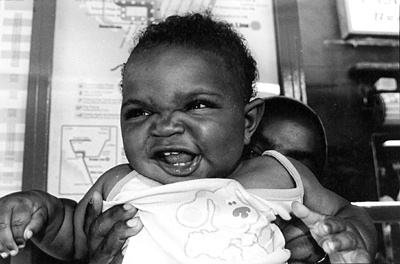All Nonfiction
- Bullying
- Books
- Academic
- Author Interviews
- Celebrity interviews
- College Articles
- College Essays
- Educator of the Year
- Heroes
- Interviews
- Memoir
- Personal Experience
- Sports
- Travel & Culture
All Opinions
- Bullying
- Current Events / Politics
- Discrimination
- Drugs / Alcohol / Smoking
- Entertainment / Celebrities
- Environment
- Love / Relationships
- Movies / Music / TV
- Pop Culture / Trends
- School / College
- Social Issues / Civics
- Spirituality / Religion
- Sports / Hobbies
All Hot Topics
- Bullying
- Community Service
- Environment
- Health
- Letters to the Editor
- Pride & Prejudice
- What Matters
- Back
Summer Guide
- Program Links
- Program Reviews
- Back
College Guide
- College Links
- College Reviews
- College Essays
- College Articles
- Back
White black girl
can i, can i
can I wear this tee
It says that I’m “young black dope
and f***in’ free”
will someone deny it
struggle and fight it
wrestle my blackness
away away from me
can i can i
can I call you neg
my father’s as black as
a black man can be
my mom’s got a picture
she don’t keep it with her
I’m flesh of her flesh
but a black fathered me
Won’t you won’t you
tear your eyes from me
why are you starin
there’s nothing new to see
all i is wanting
is to stop this tauntin
he may be gone
but i lay my claim on he
will you will you
give my right to me
my teacher once told me
identity ain’t free
but i’m tired of fightin
i’m tired of cryin
what do i say to
my momma’s sorrys?
I’m a
White, black girl
Honey I’m a
White black girl
Daddy why’d you
leave me no proof, daddy
What do I do now?

Similar Articles
JOIN THE DISCUSSION
This article has 0 comments.

This poem stems from my experience as a mixed race child, and the difficulty of claiming my blackness (and hence, my father) due to the paleness of my skin. It draws on traditional "black" colloquialism as well as the rhythm of slave songs inspired by Langston Hughes' poems. It speaks to the struggle of wanting to claim a certain identity but being hindered by the very thing that you wish to claim: your own body.
The poem ends on a plea to the father figure by the speaker, on a note of desperation. The speaker realizes in the end that there is no answer, no solution, to her question. How can she claim her blackness? She can't.
Also in the last stanza is the acknowledgement of what the speaker truly desires. More than a desire to claim her blackness, the speaker longs for the ability to be her father's daughter. But since he is gone, this too, as well as her right to her blackness, is/seems impossible.